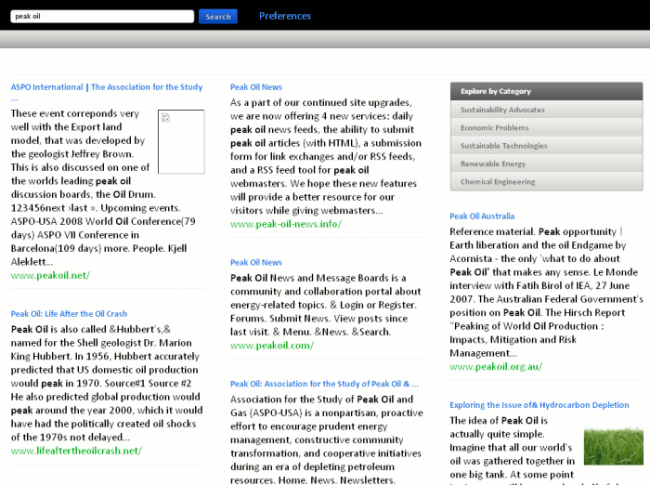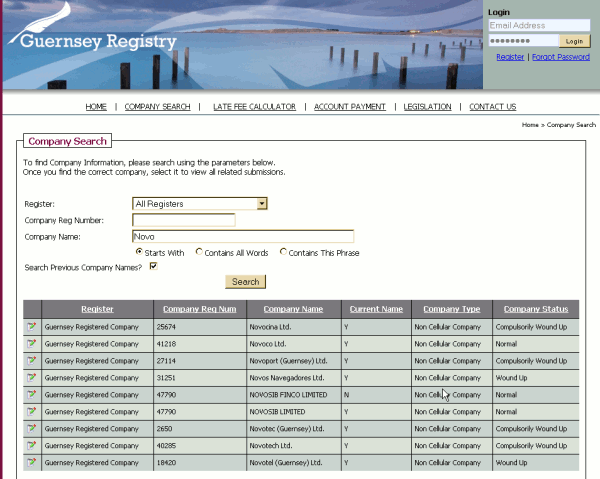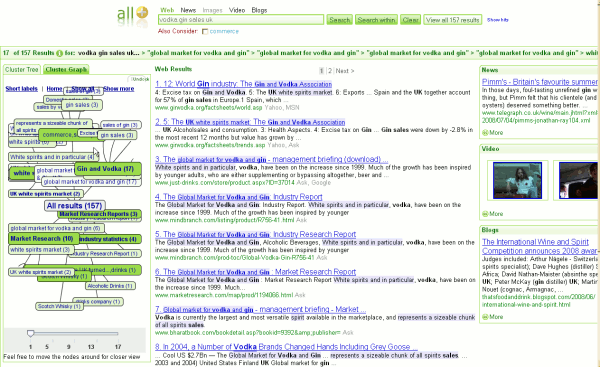Cuil, pronounced ‘cool’, was launched today claiming to have the largest database of all the search engines and more relevant results. A detailed article on the company’s background, together with a critique of its PR, can be found on Search Engine Land – Cuil Launches — Can This Search Start-Up Really Best Google?
Cuil’s index of 120 billion web pages might indeed make it the most comprehensive search engine on the web. Google no longer discloses the size of its index, although it claims to “know about a trillion unique web pages”. Techcrunch has put Cuil through its paces (Google Beats Cuil Hands Down In Size And Relevance, But That Isn’t The Whole Story and says:
“It seems pretty clear that Google’s index of web pages is significantly larger than Cuil’s unless we’re randomly choosing the wrong queries. Based on the queries above, Google is averaging nearly 10x the number of results of Cuil.”
Many of Techcrunch’s searches are single word searches and Google’s hit count is never accurate for those and is usually grossly overestimated. Add in more terms and the hit count starts to approach reality. My test searches found approximately the same number of pages in both Cuil and Google, apart from those queries that had more than three terms. For example, my standard ‘gin vodka sales UK’ search came up with:

This is a simple search for which all of the other major search engines find a highly relevant answer from the Gin and Vodka Association (yes there really is one) . Reduce the number of keywords to a maximum of three and Cuil recovers but returns irrelevant results. It looks as though Cuil cannot cope with long search queries and this could be related to the way it ranks pages. It claims not to just catalog keywords on a site and then rank the site based on its importance; it also tries to understand how words are related. This seems to work best with one or two word queries. Results are shown in three columns and on the right hand side of the screen it offers options to refine your results by category. Apparently, Cuil also recommends related searches in tabs across the top of search results but I never saw these in any of my test searches.

So far I was not impressed and for me the final straw was the total absence of any advanced search features. No file format searching, no limiting to media types, no domain or site searching. I could be charitable and attribute the absence of results for multi term strategies to the service being new and not being able to cope with the traffic generated by the launch announcement. The relevance of the results from my test searches, though, was not sufficiently high for me to be able to dispense with advanced search. Cuil is going to have to try a lot harder if it is to persuade me to return. At present this is not a Google beater and neither does it out-perform the other top search engines.
P.S. Just as I finished this review the Cuil web site collapsed under the pressure. The home page now re-directs to:
“We’ll be back soon…
Due to overwhelming interest, our Cuil servers are running a bit hot right now. The search engine is momentarily unavailable as we add more capacity.
Thanks for your patience.”

